SPECIALTY CLINICS
ABDOMINAL SEPARATION
There is a lot of concern in the public surrounding abdominal muscle separation or DRAM ( Diastaisis rectus abdominus muscle), but the good news is it is common, normal and in most cases will resolve with the correct advice and movement patterns. In fact, for majority of cases poor abdominal wall recovery post baby is due to misinformation, poor technique, fear of movement and non -optimal rehabilitation.
We are passionate about helping women with DRAM, which is why our practice principal flew all the way to Vancouver in 2017 to attend training that is at the forefront of DRA recovery. The entire WIF team is trained in this approach, and love taking women on a rehab journey to change the way their abdomen functions.
DRAM or abdominal separation, is a where the connective tissue called the linae alba weakens and thins, usually in pregnancy resulting in a shift of the abdominal muscles out to the side, leaving an area of bulging or weakness at the centre of the tummy. It is a normal physiological change that occurs, with 66 - 100% of women experiencing it in the 3rd trimester of pregnancy.
Often women only first notice the DRAM in the postnatal period, with over 53% of women having a DRAM immediately postpartum and 36% continuing beyond 8 weeks. (Boissonnailt and Blaschak 1988)
SYMPTOMS
A feeling of weakness in the abdominal wall
A palpable soft ‘gap’ running vertically along the centre of your abdominal wall particularly during tasks where you need to contract your abdominals
A ‘doming’ or ‘bulging’ appearance in the centre of your abdominal wall
Low back pain
Pelvic floor related dysfunction
Treatment
At WIF we undertake a detailed bio-mechanical exam to assess the integrity and function of the abdominal wall, breathing and diaphragm patterns, thorax and pelvic girdle function, as well as pelvic floor function.
Treatment will involve the use of palpation and real-time ultrasound to assess your abdominal muscles to ensure you have the correct activation pattern, which will allow you to progress on to more challenging abdominal exercises. Early intervention is important, and treatment will focus on rebuilding the strength of your abdominal wall and educating you on how best to manage your symptoms and ensure long term progress. We believe in getting women back active rather than stopping activity and will strive to work with you to get you back to the exercise you love most.

